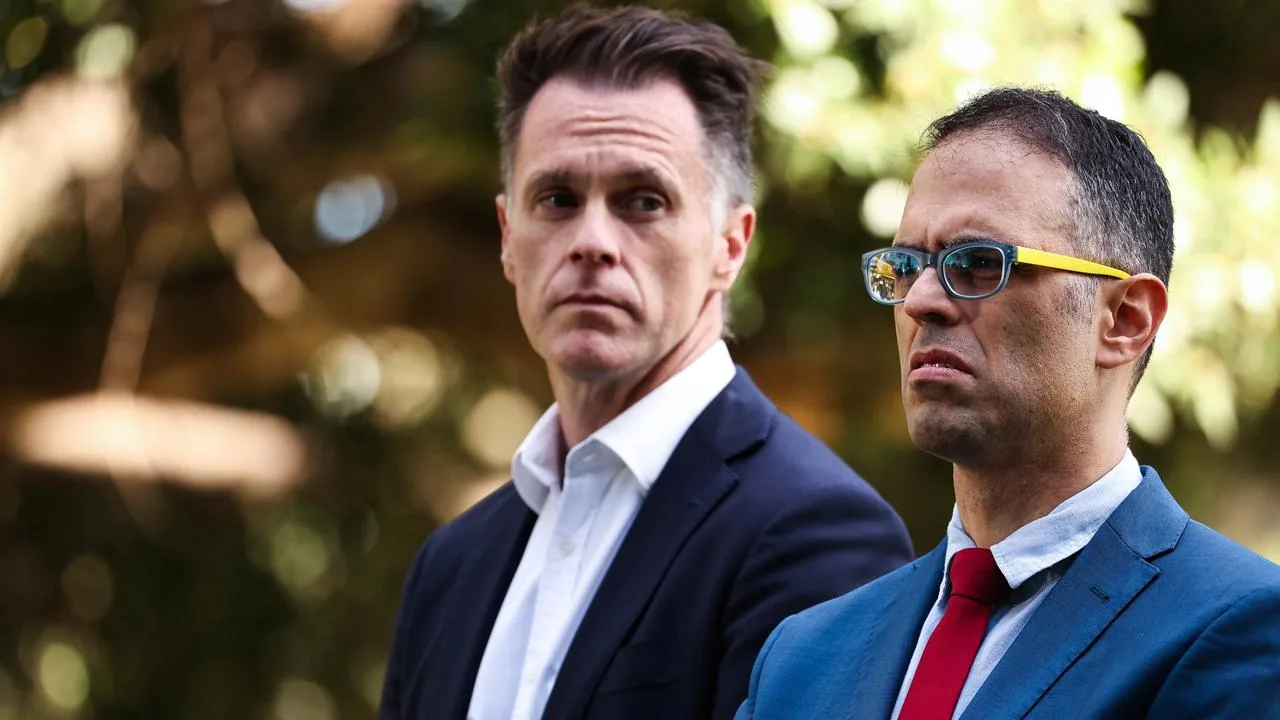The New South Wales government has unveiled its 2025–26 budget, placing a strong focus on addressing the state’s housing shortage by supporting developers and investing in trades training, while projecting a $3.43 billion deficit for the coming financial year.
The centrepiece of Treasurer Daniel Mookhey’s budget is a developer guarantee scheme, aimed at boosting construction by helping mid-sized developers secure finance for up to 15,000 homes. Describing it as a “canny use” of the state’s balance sheet, Mookhey acknowledged: “A housing crisis that was decades in the making will not end overnight. So let us resolve to keep building.”
The housing plan also includes additional funding for TAFE and fee-free apprenticeships in high-demand trades, as well as tax concessions for build-to-rent projects and fast-tracked planning approvals. However, critics may argue the measures fall short of a more ambitious state-led investment strategy.
The government is forecasting a return to surplus by 2027–28, citing the need for “fiscal repair” after years of pandemic-era deficits. High property transfer duties, buoyed by strong house prices, are expected to generate $13.4 billion next year—$1.5 billion more than predicted after Labor’s 2023 election win.
Other major investments include $1.2 billion for child protection, with a 20% increase in allowances for foster carers, and a shift away from expensive temporary housing like motels.
Nonetheless, rising costs from natural disasters and a worsening workers’ compensation scheme are weighing heavily on the state’s finances. Insurance expenses are expected to climb by $3.4 billion over five years. Labor is proposing reforms to limit claims for stress-related psychological injuries and tighten rules around harassment-related claims.
Gross state debt is expected to keep rising, with no projected peak, reaching $200 billion by 2029. The government appears cautious about further direct investment in housing, wary of risking its AAA credit rating, which it holds with two out of three major agencies.
Source: The Guardian
